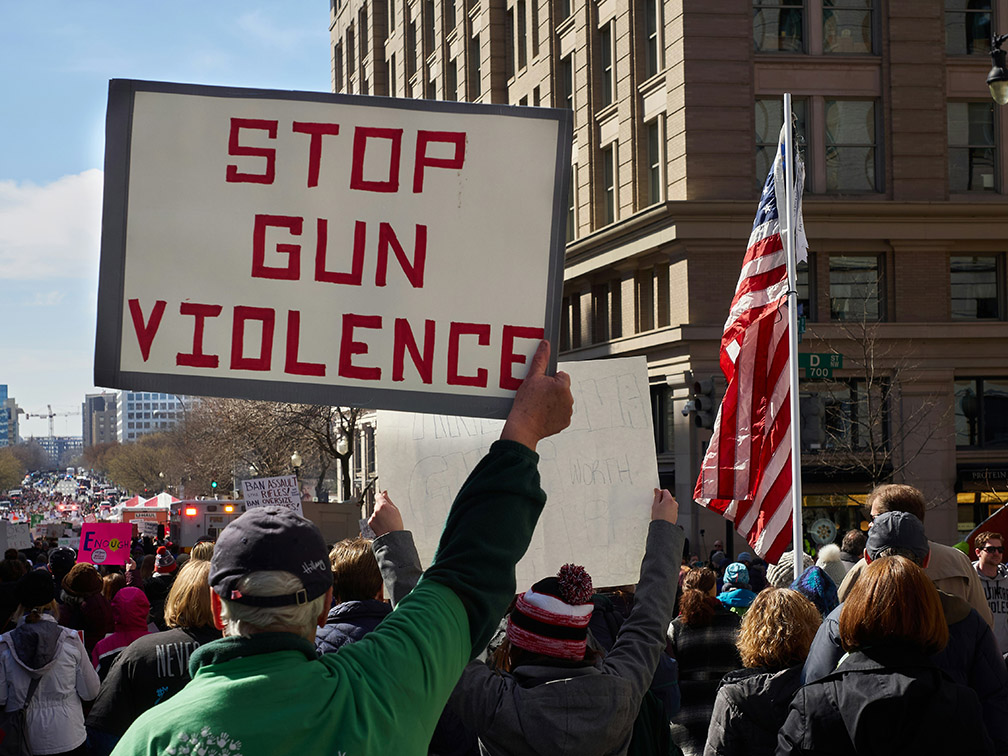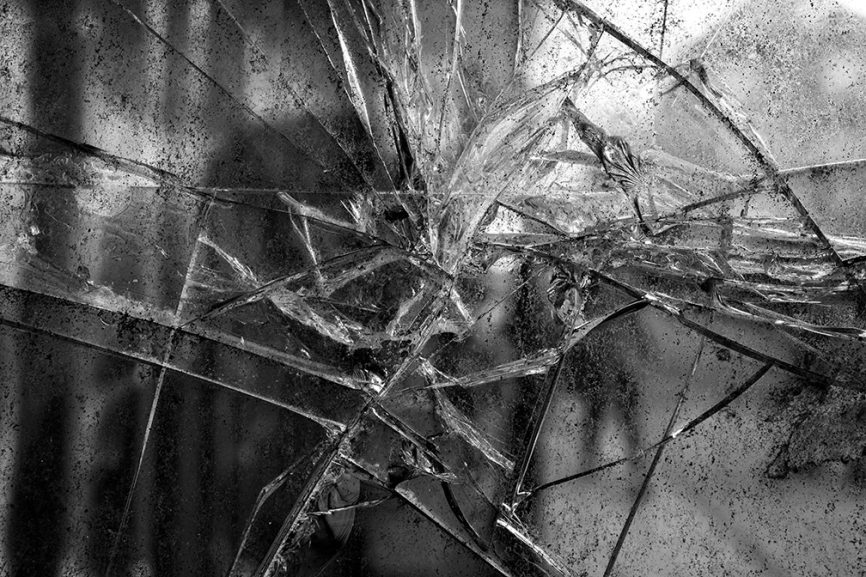by: Rev. Anna Golladay
I have a confession. I’m ashamed to admit this. When I learned of the violent assassination attempt on former President Trump last week I found myself wishing it to be a worse injury than it was. And immediately all I could think is “What is wrong with me? How did my radical pacifism suddenly turn to a thought that made me radically ashamed of myself?”
I sat with that thought for a moment and looked around at my surroundings. It was almost dinner time at my family campsite. I was attending the Wild Goose Festival in North Carolina and was accompanied by some of the most influential people in my tribe. I have been in that space for ten years now…watching the festival ebb and flow, navigate its own bias, confront its internalized white supremacy, and attempt to do better. Sometimes it succeeds. Oftentimes it doesn’t.
As I said words that sounded similar to “I can’t believe they missed” and “so close,” I also realized that I wasn’t alone. Many of us were shocked by our initial reactions. It was beneficial to be around others who were also trying to be, to do, better. And we had gifted speakers in our midst who offered lament, insight, and acknowledgment of what many of us felt.
One such human is Convergence ally, Rev. Dr. Jacqui Lewis. Lewis spoke of the history that brought us here and of the consequences of our inability to thwart systems of power and violence over centuries. Days later, Jacqui would write about these thoughts on her Substack. Here are some of her thoughts:

“The forces that culminated in Saturday’s shooting did not start on that stage in Pennsylvania. They’re as old as the country itself, a swirling hatred Trump has fed ever since he descended that golden escalator in 2016. The very cruelty, bigotry, and chaos that have defined his campaigns and presidency are inextricably tied to what pushed a 20-year-old Republican to pull the trigger. Trump’s many crimes are coming home to roost but—if we do not uproot this evil from our public life—all of us will suffer.
White supremacists in America have always needed an enemy, an ‘other’ on which to project their anxieties and fears. Indigenous people labeled as ‘savages’ who must be killed to safeguard “civilization” as the country expanded West. Free Black people hunted after emancipation—and shackled before—because we threatened the ‘purity’ of whiteness. When domestic ‘others’ were insufficient, the country has outsourced—terrorizing Central America, Vietnam, Afghanistan and so many other places so we can be ‘free.’ Trump has simply channeled this foundational violence and directed it at everyone in this country who disagrees with him, even his own Vice President! From claims that Democratic politicians ‘hate America,’ to lies about ‘woke’ educators sexually abusing children and ‘critical race theory’ persecuting white folks, he has portrayed millions of his neighbors as active coconspirators against the nation—traitors who must be purged.”
This kind of rhetoric is what led to my initial reaction. And yet I KNOW that nonviolence is the way. I feel it deeply in my bones.
I’m also reminded by Erica Chenoweth and Maria J. Stephan, authors of Why Civil Resistance Works, the difference between violent and nonviolent change movements: Violent movements achieve at least some of their goals only about a third of the time; nonviolent movements are nearly twice as successful.
Jacqui Lewis concludes her thoughts with this. “We who believe in freedom and peace must embody those values in our actions. When we protest, when we organize—when we show up anywhere from the dinner table to the board room—we must ask ourselves: Am I feeding into forces that help gather people together in love? Or cultivating the ones that tear us apart with violence? We are perched on the edge of a terrifying precipice, and all of us are responsible for bringing us back from the brink.”
We are conditioned to conflict. See challenges before us in our church board meetings. We hear frustrations in the pews from those who are disenchanted with the pastor’s sermon. We engage in the back-and-forth of rightness in our social feeds. We can’t get away from the forces that are asking us to be more like Pilate and less like Jesus – to choose empire over peace.
I’m reminded of this through JR. Forasteros’ musings in Sojourners last week. He rightly reminds us that “we cannot hope to work for the kind of change that lasts, change that liberates both victim and victimizer, unless we can learn to walk the path of Jesus — the path that eschews violence precisely because it is the chief weapon of the empire.”
I remain embarrassed by my initial thoughts that Saturday. But I also more deeply understand them. I, like most of us, am a radical work in progress.


Comments
Such an important article! I appreciate your honesty and your thoughtful reflections on the issue of violence in our country. I’m sharing it with my congregation today!
Thanks so much, Evan! -AG
Anna Golladay, We need to speak honestly and you have shown us the way and the why.
I am grateful, and sending this piece along to colleagues.
Thank you for this very thoughtful reflection… a reminder to all of us.